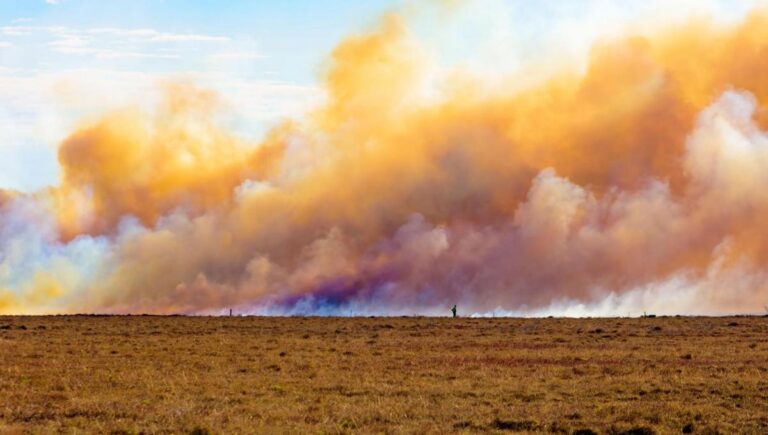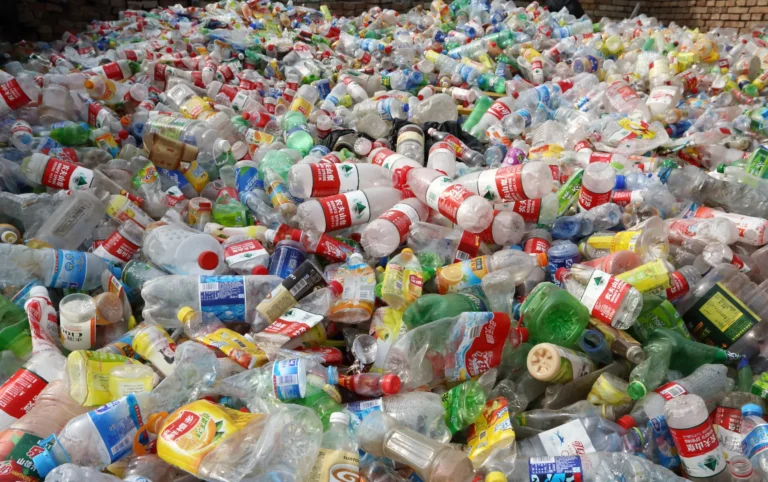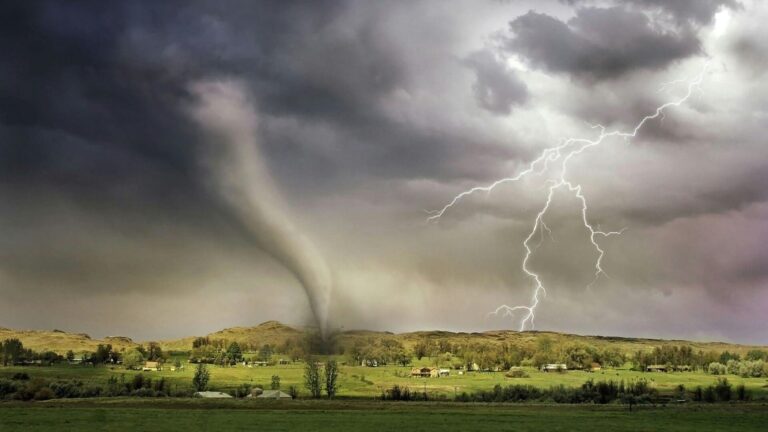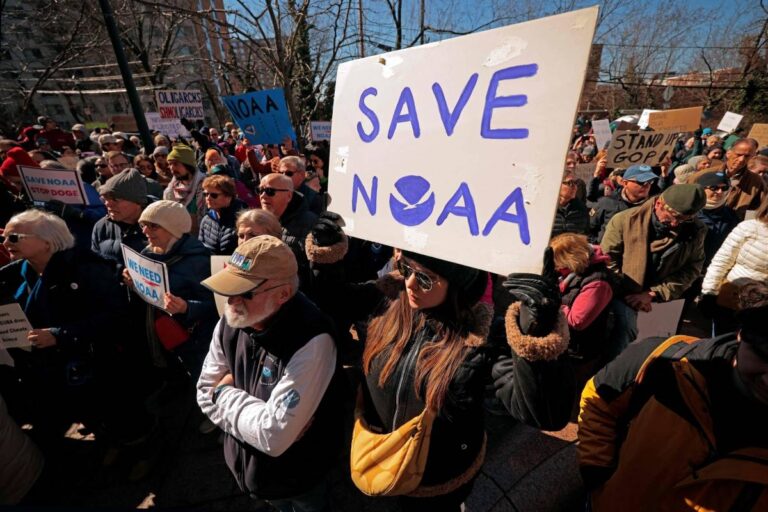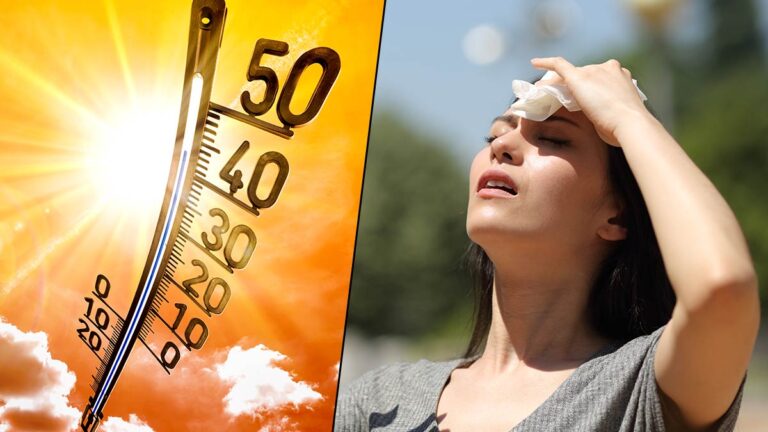No Place in America Is Safe from Climate Change, According to Report
Douglas McIntyre, Editor-in-Chief at Climate Crisis 24/7, reports that the concept of a “climate haven” in the U.S. is largely a myth. While regions like Buffalo, Ann Arbor, and Asheville are often cited as safe from the effects of climate change, recent severe weather events prove otherwise. As Scientific American notes, no region is truly…



